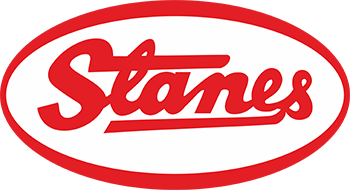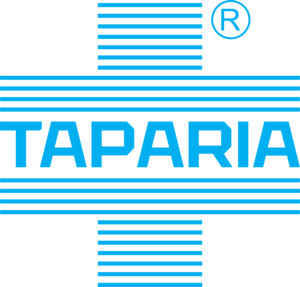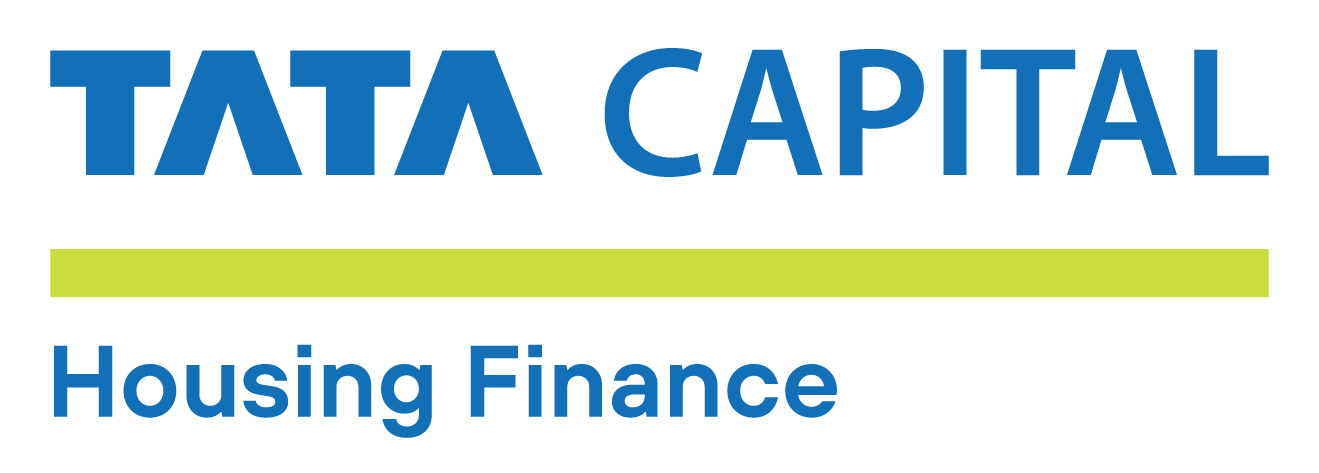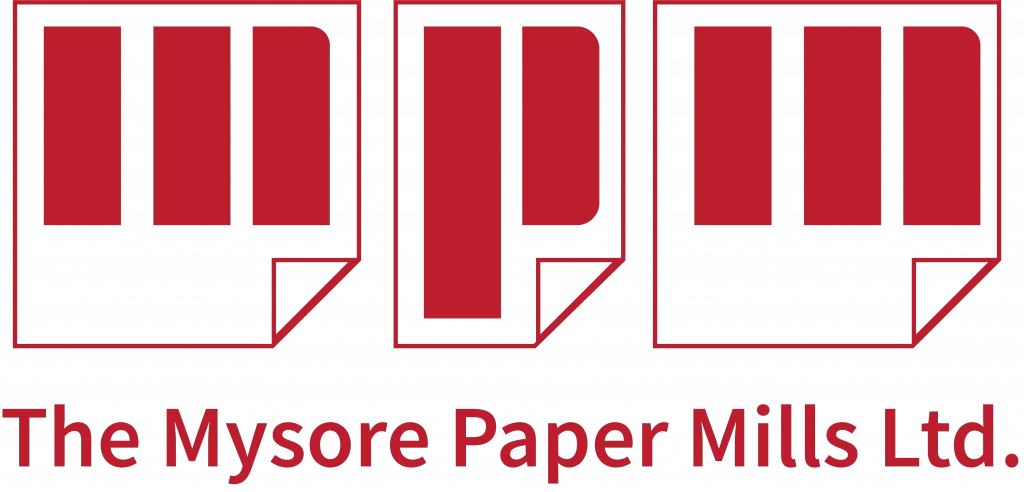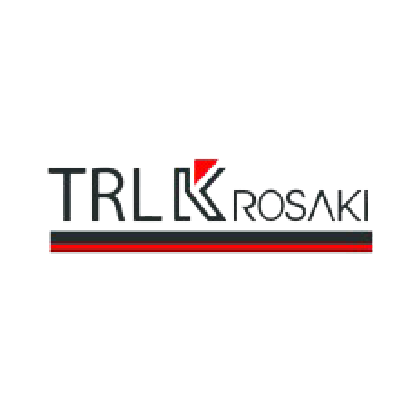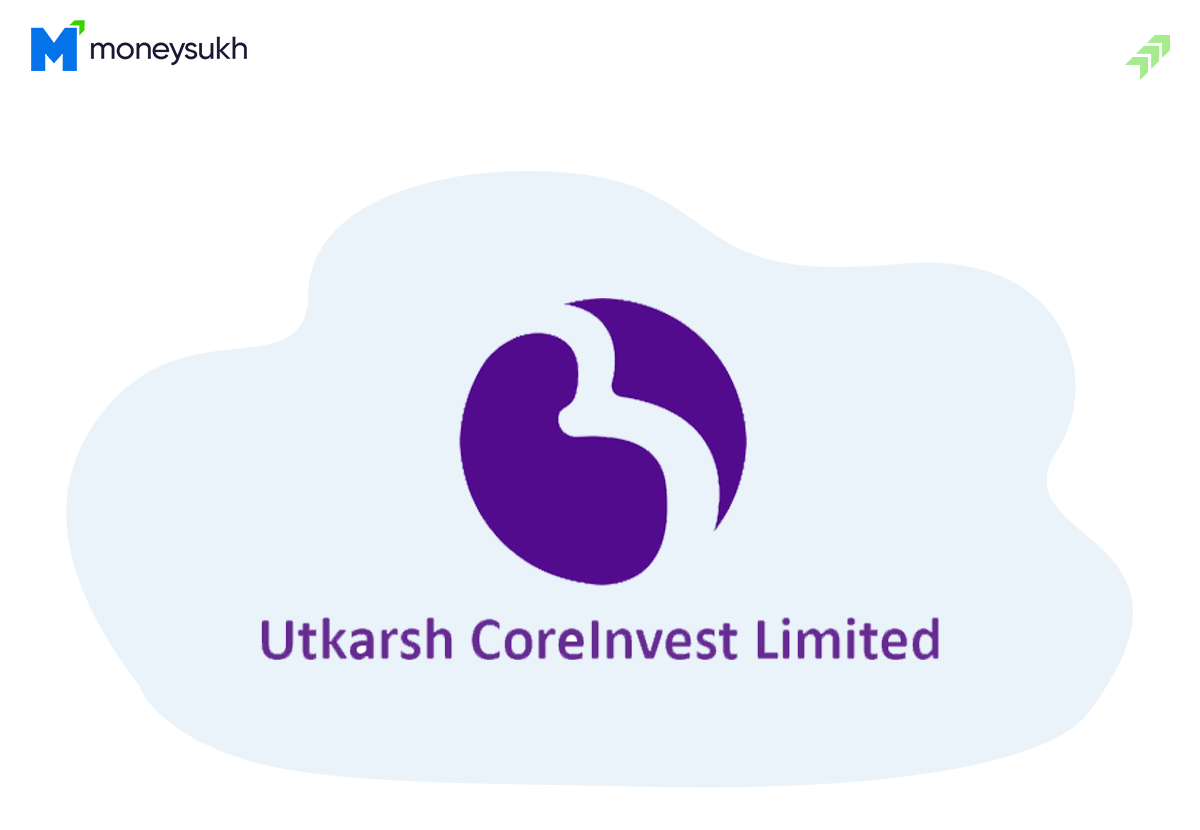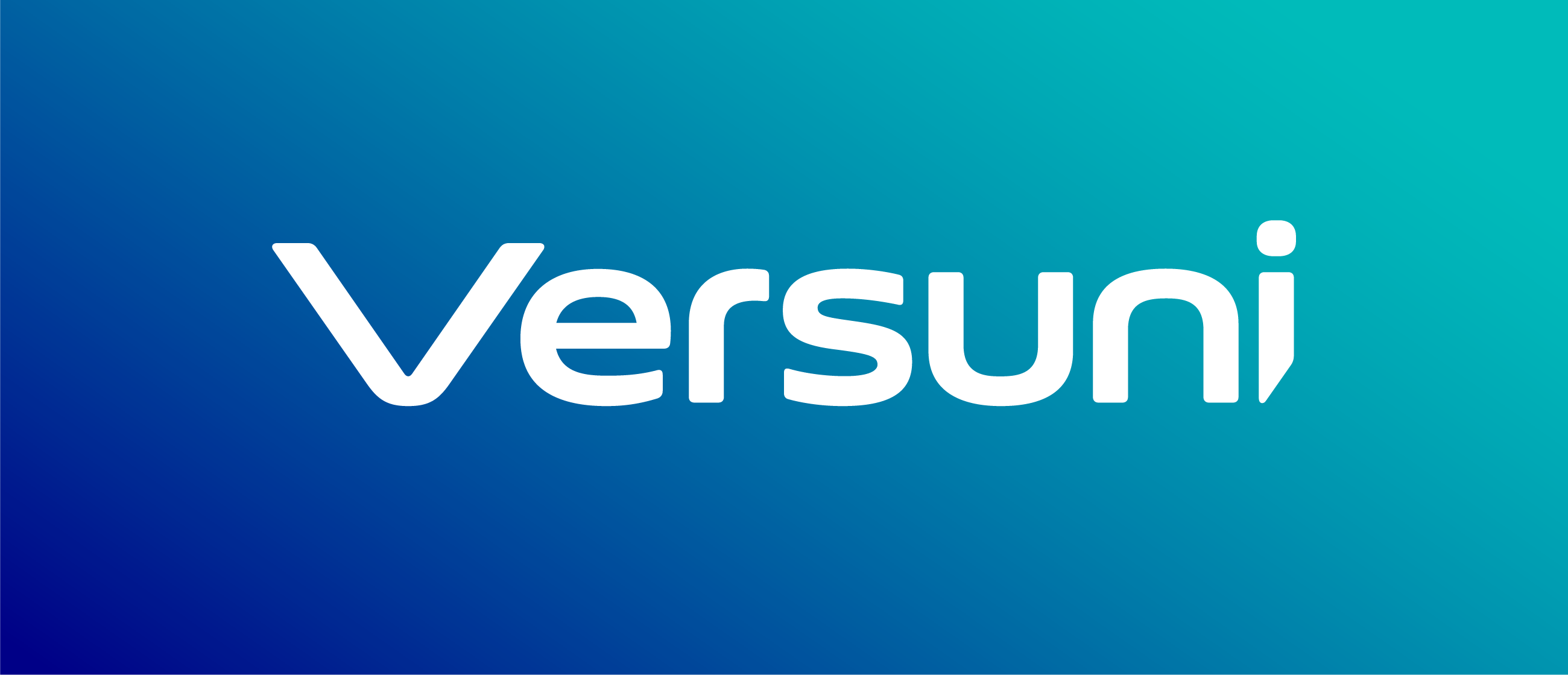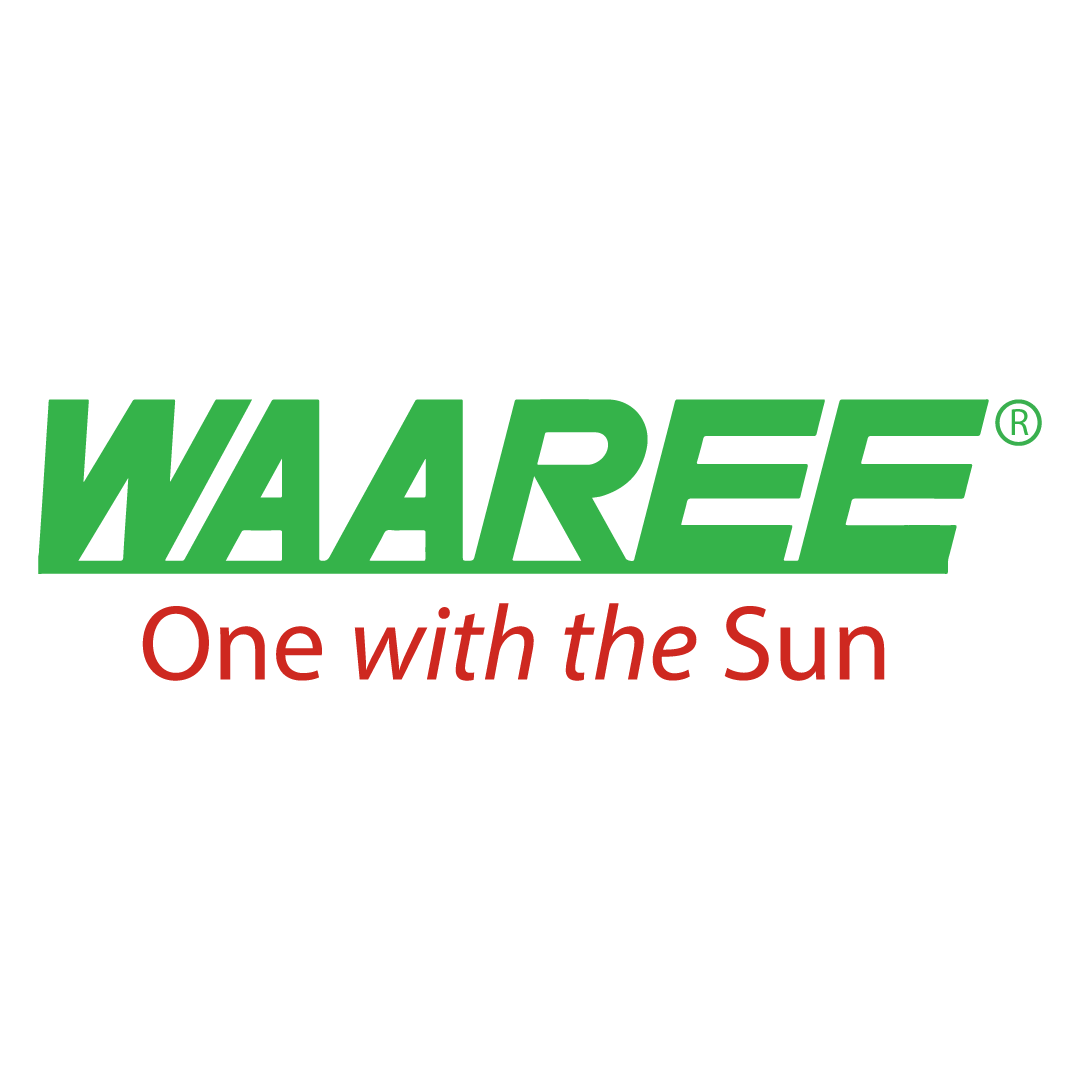
National e-Repository Limited. (NeRL)
Price: ₹60
About National E-Repository Limited (NeRL)
NeRL: Digitizing India’s Commodities Market
Introduction
National E-Repository Limited (NeRL) plays a pivotal role in modernizing India's commodities market by introducing digital solutions that promote transparency, efficiency, and security. It specializes in the electronic management of warehouse receipts, transforming how agricultural commodities are stored, traded, and financed.
1. Establishment
NeRL was incorporated on February 10, 2017, as a public limited company to offer technology-driven solutions for the commodity ecosystem.
2. Business Model
NeRL operates as a commodity repository, providing a secure digital platform to manage Electronic Negotiable Warehouse Receipts (eNWRs). This digitized system streamlines the processes of commodity storage, trading, and pledging by eliminating the need for physical documentation.
What is an eNWR?
An Electronic Negotiable Warehouse Receipt (eNWR) is a digital certificate issued by a WDRA-registered warehouse that verifies ownership of stored commodities. Maintained securely in NeRL’s repository, an eNWR allows commodities to be traded, pledged for loans, or used as collateral—all without physically moving the goods.
3. Key Benefits of eNWR for Farmers
-
Better Price Realization
Farmers can store their produce and wait for favorable market conditions, reducing pressure to sell immediately at low prices. -
Access to Credit
eNWRs can be pledged with banks, enabling farmers to access loans while their goods remain safely stored. -
Simplified Trading
By digitizing ownership, eNWRs eliminate the need for repeated physical transportation, allowing for smooth and fast online transactions. -
Transparency & Security
Digital records reduce the risk of fraud and disputes, ensuring clear ownership and enhanced trust in the system.NeRL, through its eNWR platform, empowers farmers and stakeholders across the commodity value chain by making storage, trade, and finance more accessible, secure, and efficient.
4. How is an eNWR Issued? (Step-by-Step Process)
-
Produce Stored in Registered Warehouse
-
Farmers deposit their produce at a warehouse registered with the Warehouse Development and Regulatory Authority (WDRA).
-
The warehouse evaluates the quality and quantity of the goods.
-
-
Warehouse Receipt Issued
-
The warehouse issues a Negotiable Warehouse Receipt (NWR) as proof of the deposited goods.
-
-
Conversion to eNWR
-
The physical NWR is digitized and uploaded into NeRL’s system.
-
Farmers can view and manage their eNWR via the NeRL platform.
-
5. How Farmers Trade eNWR on NCDEX (Step-by-Step Process)
-
Listing for Sale
-
Farmers or their agents list the eNWR on a trading platform like NCDEX.
-
-
Buyer Interest & Bidding
-
Buyers (traders, processors, exporters) browse and bid on listed eNWRs.
-
-
Trade Finalization
-
Upon agreement, the eNWR is digitally transferred to the buyer through the platform.
-
-
Payment Settlement
-
Payment is made via direct bank transfer or approved exchange mechanisms.
-
-
Ownership Transfer
-
NeRL updates the system to reflect the new owner.
-
The buyer may either withdraw the product or leave it stored.
-
6. Benefits of eNWR for Farmers
-
No Repeated Transport: Reduces costs and logistics by eliminating the need for frequent physical movement.
-
Better Market Timing: Enables sales when prices are optimal.
-
Financial Access: Allows easy loan acquisition using eNWRs as collateral.
-
Secure Ownership: Transparent and tamper-proof records reduce fraud and disputes.
eNWR empowers farmers with digital control over their produce—safe, efficient, and profitable.
7. Revenue Model
NeRL earns revenue from service fees related to eNWR issuance, transfers, pledges, and other value-added offerings. Collaborations with financial institutions also contribute to its income streams.
8. Business Risks
-
Regulatory Changes: New policies or shifts in government regulations could impact NeRL’s operations.
-
Technology Risks: As a digital platform, NeRL must continuously invest in cybersecurity and IT infrastructure to prevent breaches or downtime.
-
Market Adoption: Resistance or lack of awareness among stakeholders could hinder growth and adoption.
-
Operational Dependency: Reliance on warehouse partners and service providers necessitates strong coordination to ensure service quality and reliability.
Fundamentals
Income Statement
Balance Sheet

Cash Flow
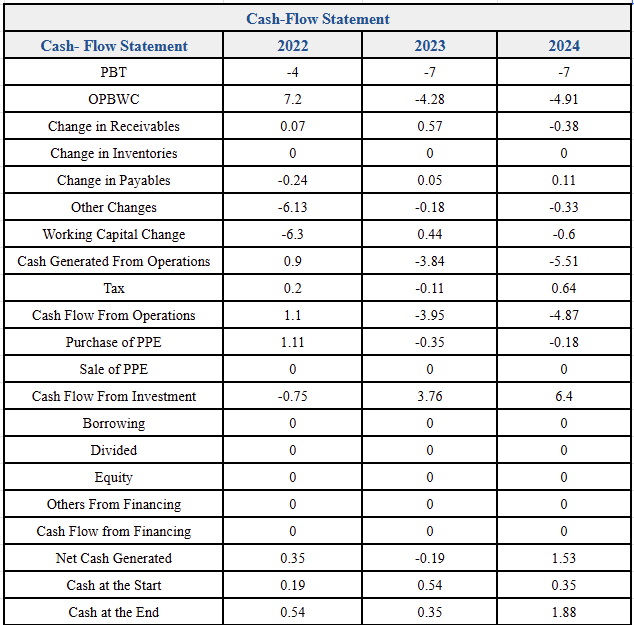
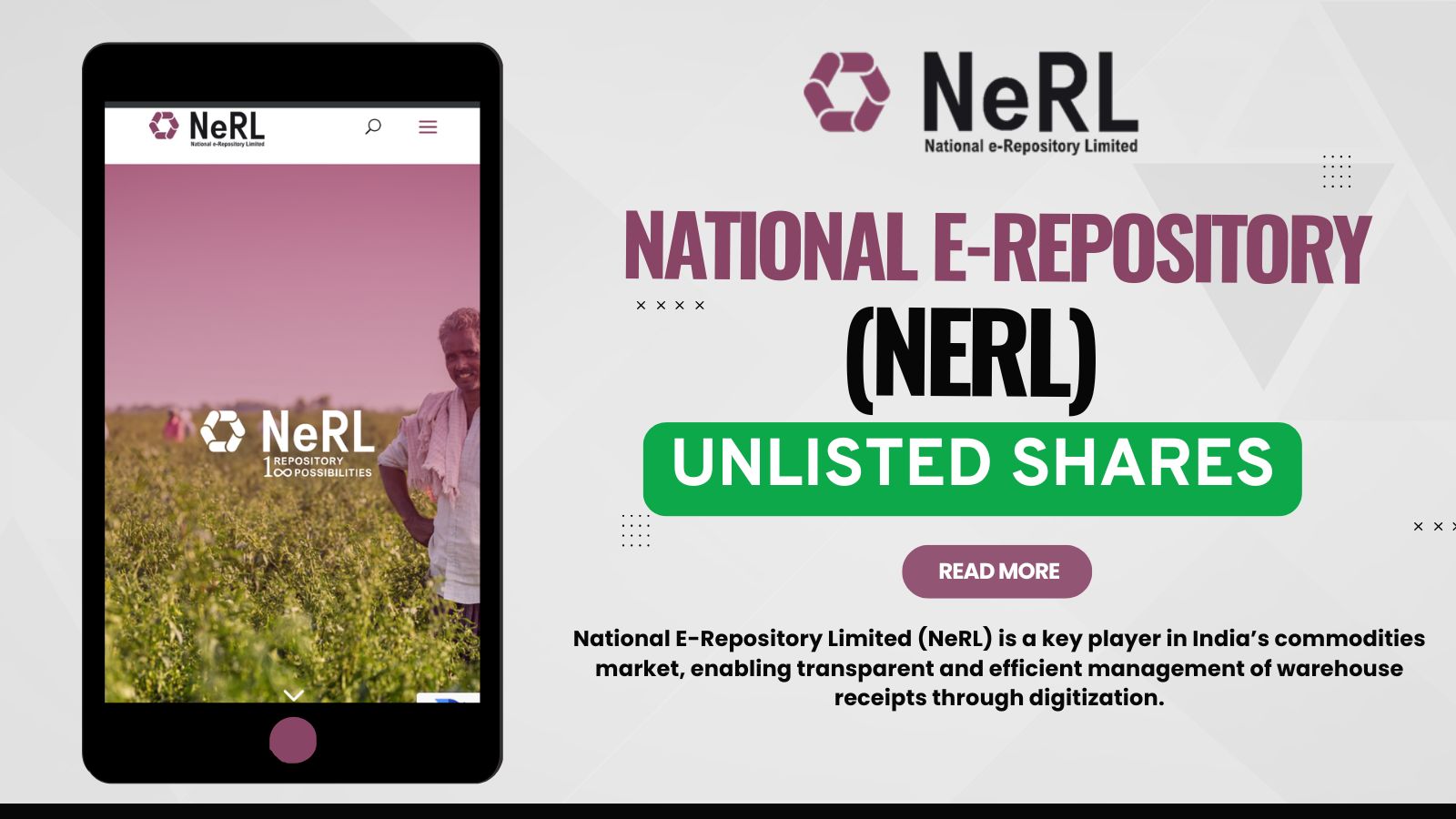



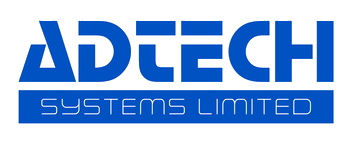
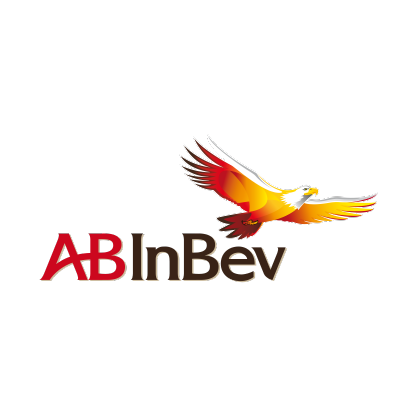



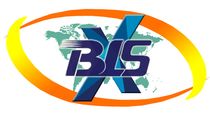



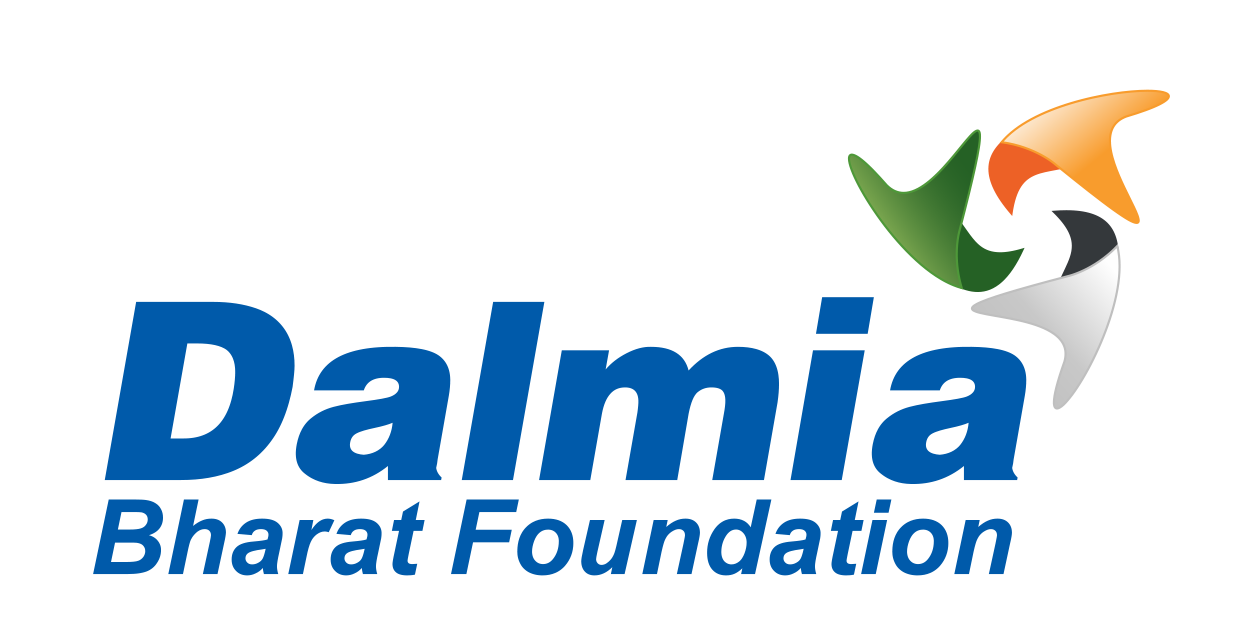

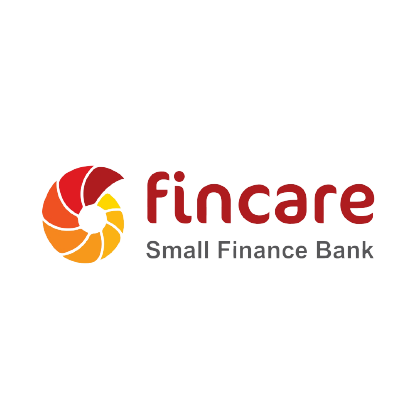





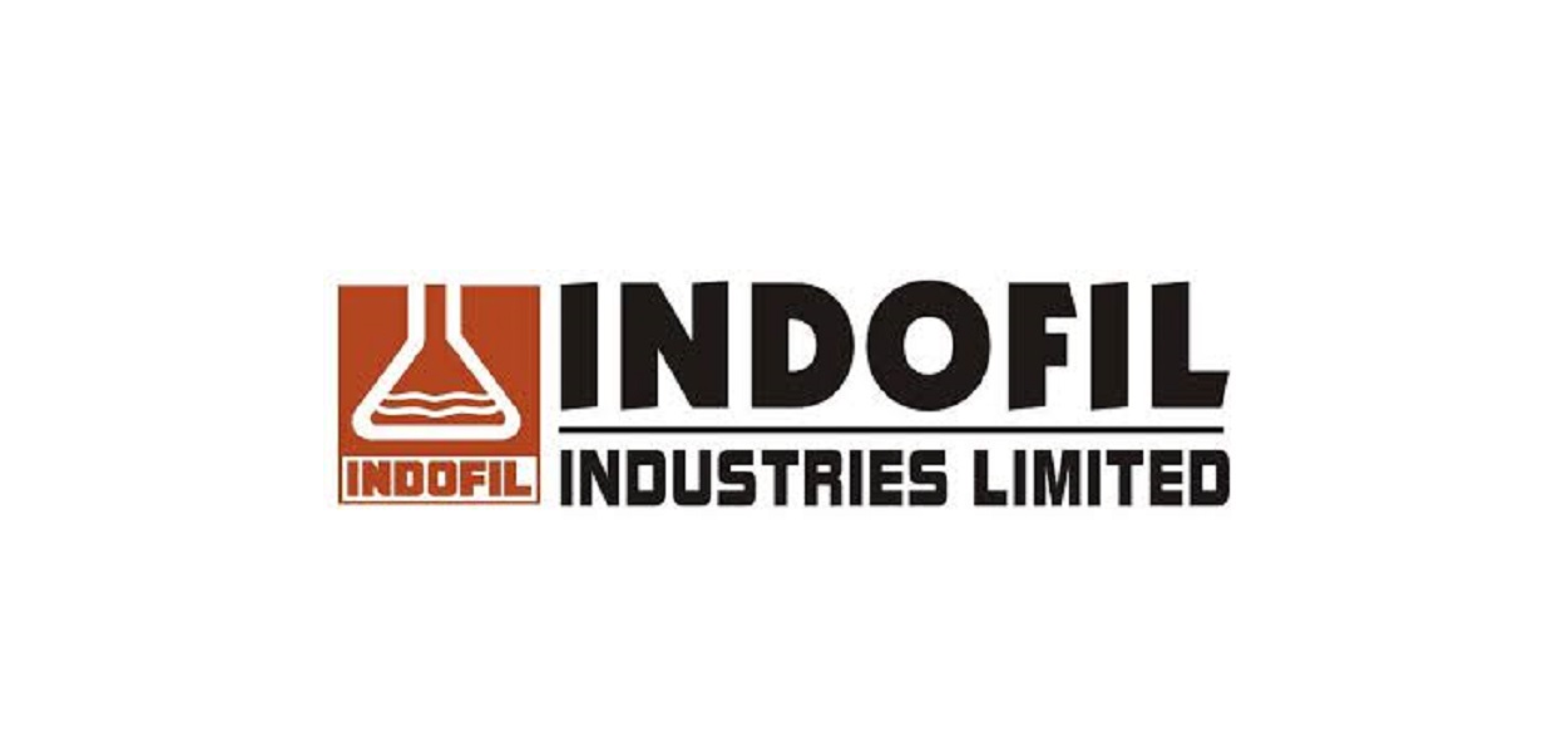

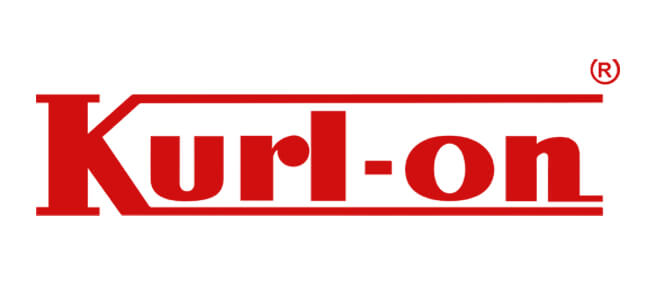





%20Limited%20logo.png)

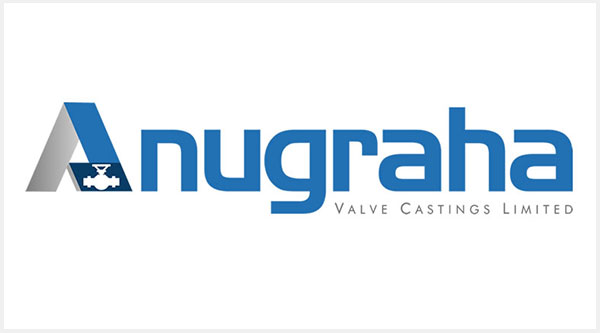


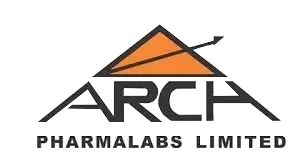



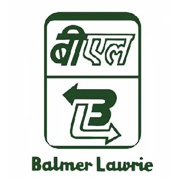








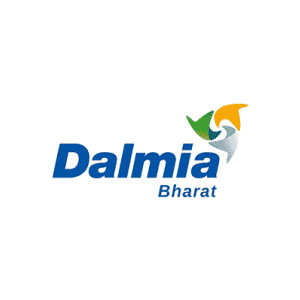


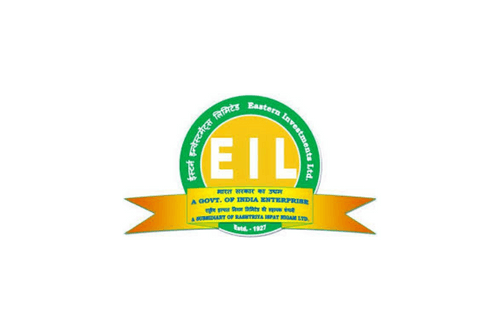




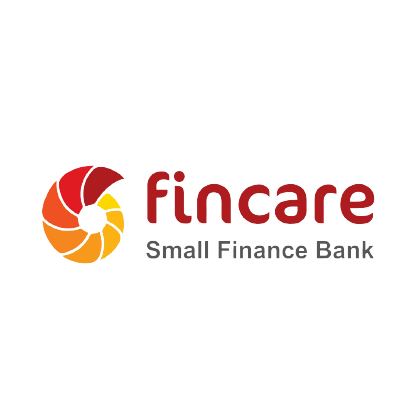


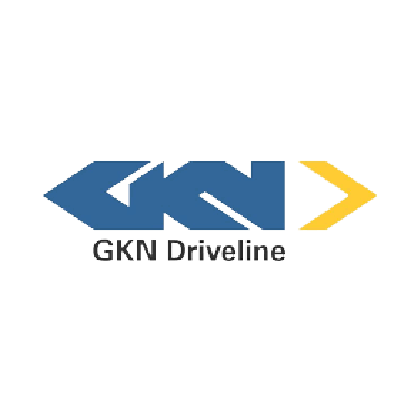

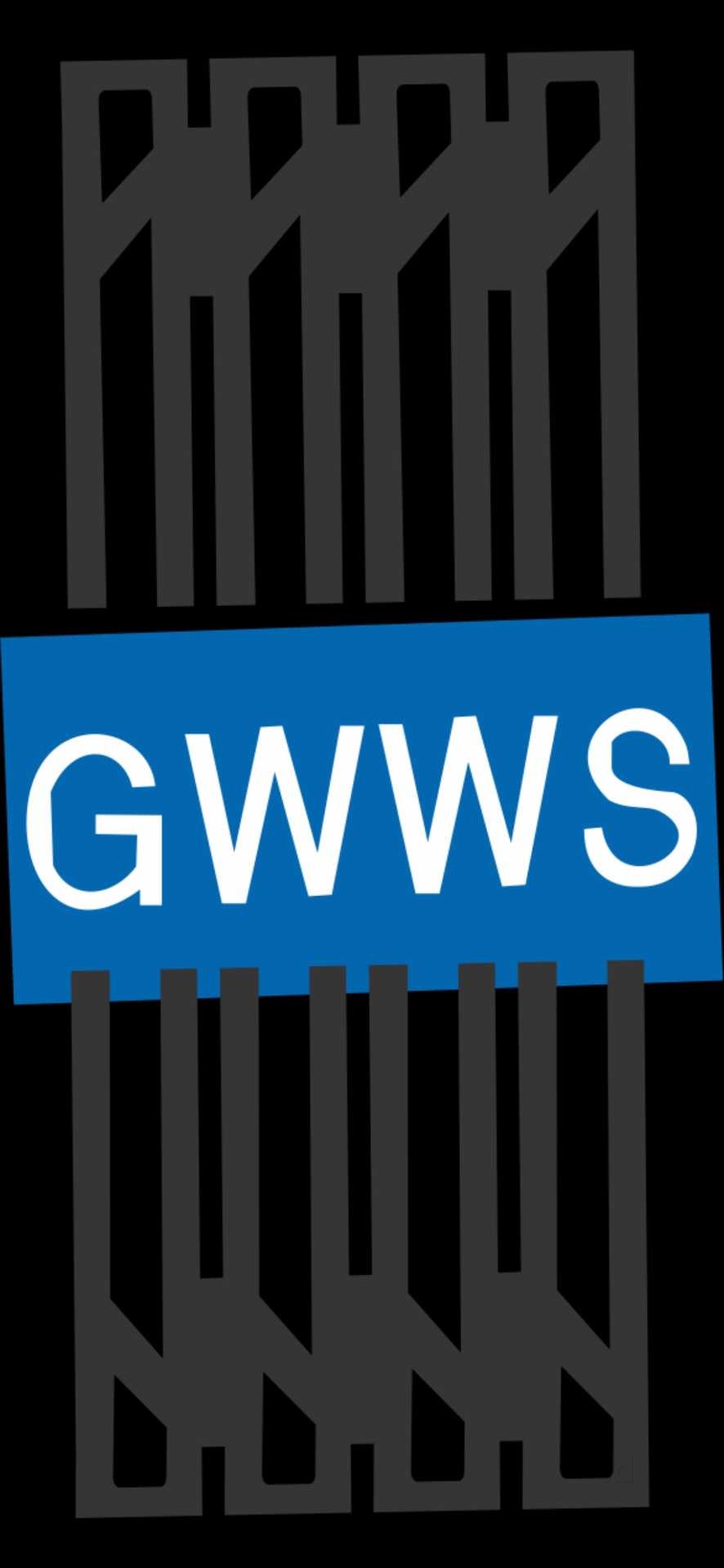
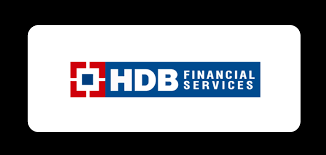





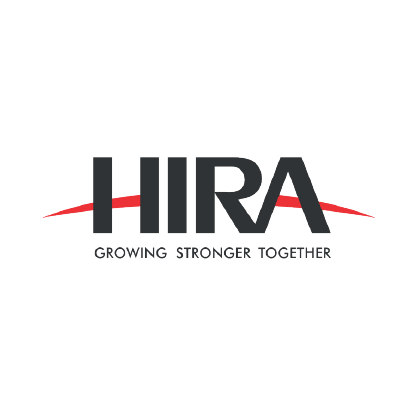
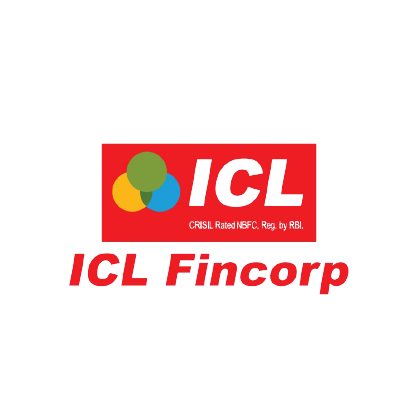

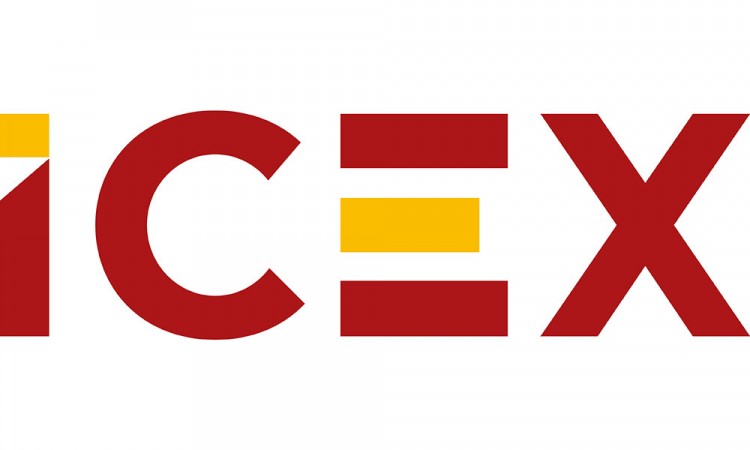

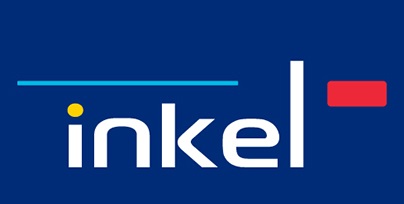



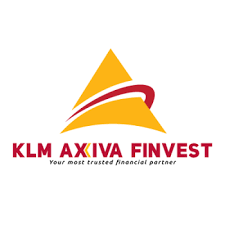






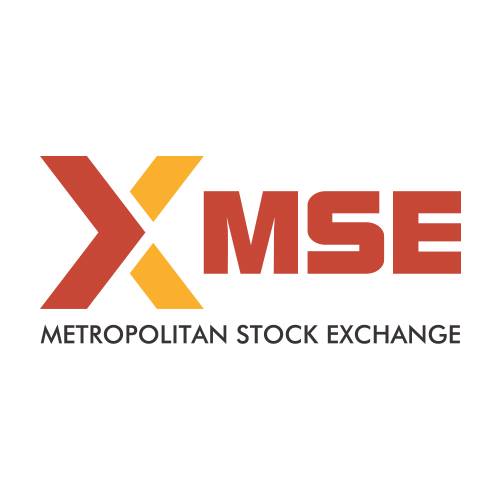


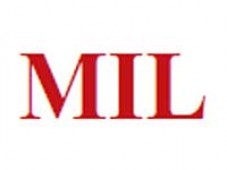
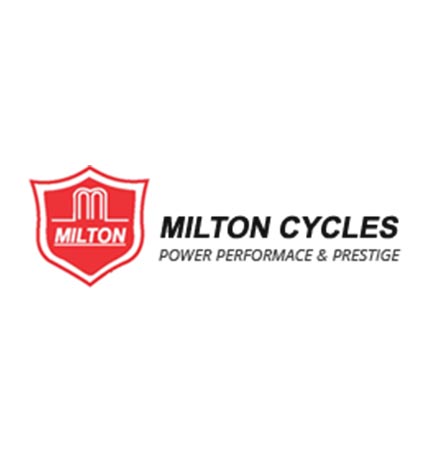











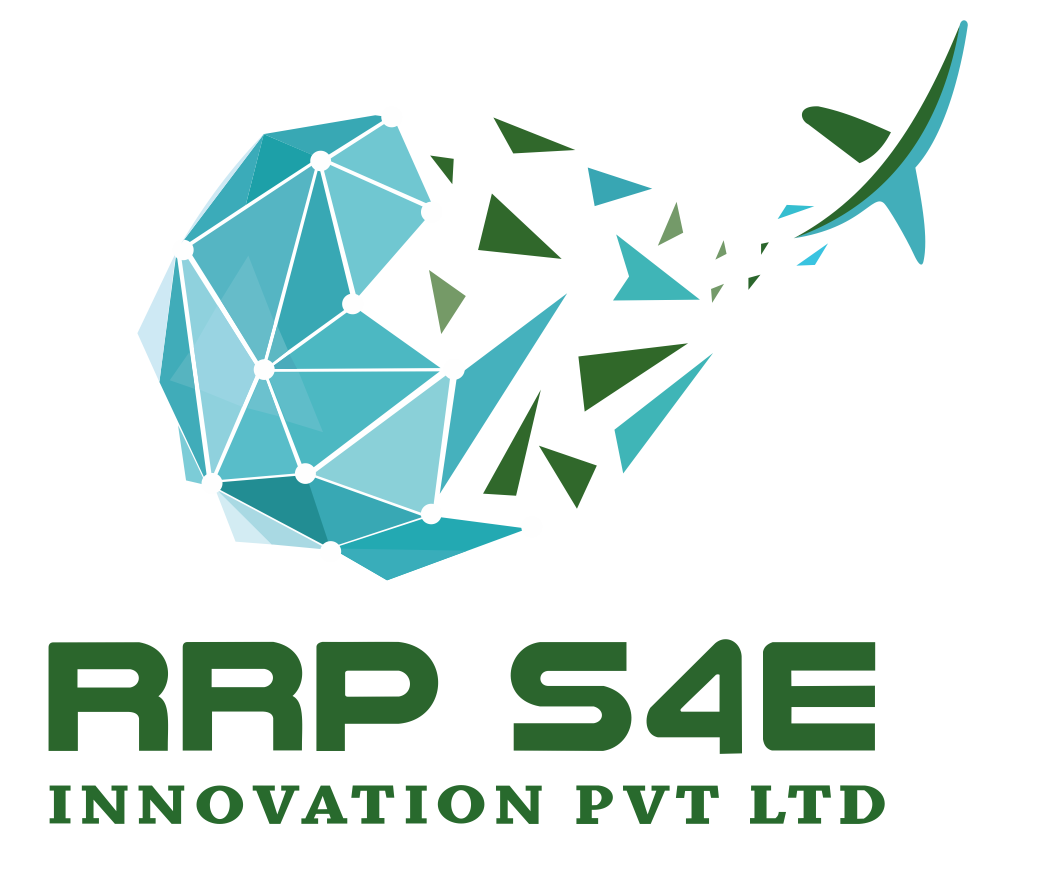
 logo.png)




 logo.png)

